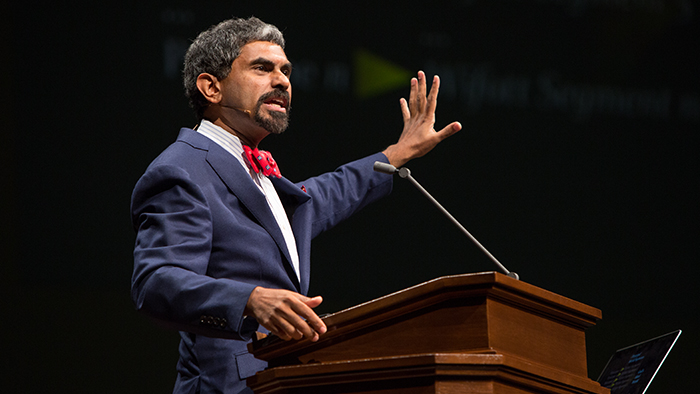Tuesday, February 27, 2018
Scripture Ought to Make You a More Interesting Person
"Why do the gospel writers read Israel's history in ways that look funny to modern sensibilities? Is the notion of the fulfillment of Old Testament texts intellectually implausible? The gospel writers summon us to a conversion of the imagination. They summon us to become more interesting readers... the gospel writers are trying to make us more interesting people. They are trying to make us more interesting readers who are not locked into this modernist literalism about everything. I want to suggest to you that we will learn to read Scripture well only if our minds and imaginations are opened up by learning to read the Scriptural texts by learning to read in the 'figural' ways that the four gospel writers actually read Israel's Scripture. The gospels teach us how to read the Old Testament. And at the same time the Old Testament teach us how to read the gospels. There is a circle of interpretation."
Richard Hays, "Do the Gospel Writers Misread the Old Testament?"
Wednesday, February 7, 2018
An Unsatisfying Hermeneutic
Dr Abraham Juruvilla of DTS is a gifted and passionate Biblical scholar and teacher. In preparing for an upcoming sermon, I reviewed his study of the story of Abraham's call to sacrifice Isaac in Genesis 22. I can honestly say that I benefited greatly from many of Dr Juruvilla's insights, but found a deep dissatisfaction with his zealous refusal to read any Christological perspective from the New Testament back into Genesis. Dr J eschewed such attempts as confusing and actually quoted a passage from Calvin to warn against hasty redemptive-historic allegorizing.
At the end of his study, Dr J repeated his insistence that we must read the Old Testament narratives as they were written by both their author and capital-A Author to find their purpose for writing, rather than imposing symbolic meanings from the New Testament. He then went on to say that such strict interpretation actually leads to good preaching because the capital-A Author's purpose in O.T. narratives is "always to make us more Christlike."
As much as I appreciate his point that redemptive-historical preaching can fall short in application or imperative instruction [which it can!], I was left quite befuddled how the Author always intended for us to become more Christlike as a result of our reading, but never intended for us to find Christ in what we read.
DTS has a long history of hermeneutical struggle. Founded as a conservative and dispensational seminary, they are working to oppose liberal interpretations on the one hand, while also resisting covenantal interpretations on the other. This is a hard task, no doubt. My own alma mater came out of a similar origin, but I sense a movement and growth toward in better directions. I hope this is what Dr Juruvilla's work represents also and that time will make it all the more apparent.
Dr Juruvilla is author of Genesis: A Theological Commentary for Preachers. He has also written systematically about interpretaion in his 2013 textbook: Privilege the Text! A Theological Hermeneutic for Preaching. He teaches at Dallas Theological Seminary.
Subscribe to:
Posts (Atom)

